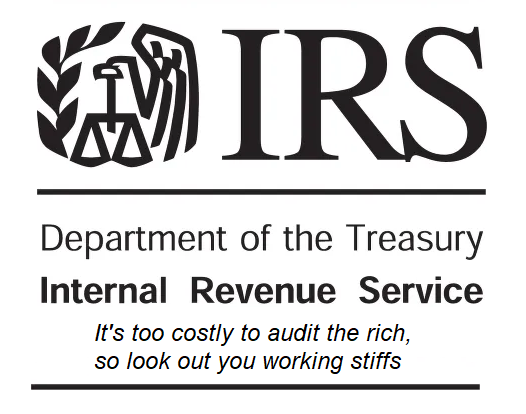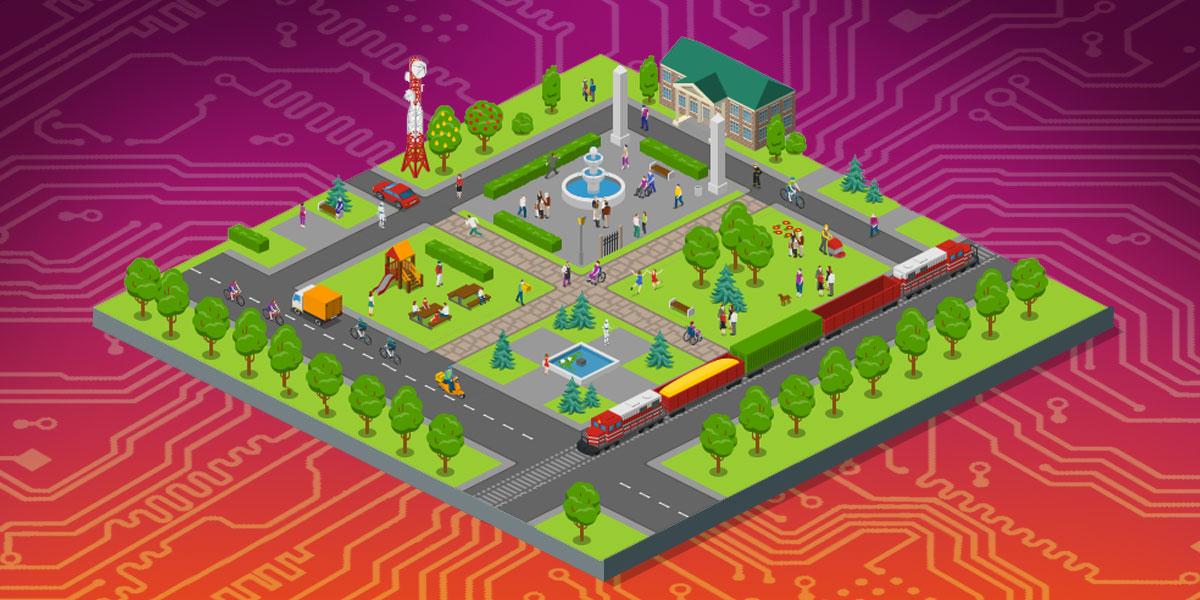
Bruce Schneier coined "feudal security" to describe the dominant Big Tech security model, in which you surrender your autonomy by moving into a warlord's fortress (Google, Apple, Facebook, etc) and in return get protection from the bandits that roam the badlands without.
1/
1/

The historian Stephen Morillo pointed out that this is more like "manorialism" than "feudalism." As I wrote in January, digital manorialism works well (if the warlord wants the same thing as you) but fails badly (if they decide to sell you out).
locusmag.com/2021/01/cory-d…
2/
locusmag.com/2021/01/cory-d…
2/
Google wants to kill third party cookies to protect you from randos doing tracking and targeting - but it wants to retain the ability to nonconsensually track and target you on its own:
eff.org/deeplinks/2021…
3/
eff.org/deeplinks/2021…
3/
Facebook promises to defend you from the next Cambridge Analytica, but it threatens to sue academics who scrape its political ads to see whether it's really living up to its promises to fight paid political disinformation:
pluralistic.net/2021/04/05/zuc…
4/
pluralistic.net/2021/04/05/zuc…
4/
Apple has rolled out the most significant consumer privacy tech in decades, changing the defaults on Ios products so that if you don't give your explicit consent, no one is allowed to track you (surprise: no one gave consent!).
eff.org/deeplinks/2020…
5/
eff.org/deeplinks/2020…
5/
Apple is 100% committed to protecting its users from commercial surveillance. But it's also 100% committed to accessing the Chinese market and maintaining its Chinese manufacturing. Warlord Apple will defend you from ad-tech bandits, but not the People's Liberation Army.
6/
6/
That's why Apple valiantly, laudably fought the FBI's demands to back-door its OS to gain access to the San Bernardino shooters' Iphones, but rolled over when the Chinese government ordered it to remove all working VPNs from the App Store.
cnet.com/news/apple-rem…
7/
cnet.com/news/apple-rem…
7/
It's why Apple took good, brave stands on human rights in the US, fighting gender and racial discrimination in important ways but continues to manufacture devices with Chinese contractors like Foxconn, one of the most egregious human-rights manufacturers in the world.
8/
8/
Now, in an explosive @nytimes investigation, @jacknicas, @zhonggg and @daiwaka accuse Apple of giving the Chinese state effectively unfettered access to user-data, directly contradicting the claims of Apple CEO Tim Cook.
nytimes.com/2021/05/17/tec…
9/
nytimes.com/2021/05/17/tec…
9/
The Times reporters say that this data isn't just used to invade Chinese users' privacy, but also to fine-tune Chinese state censorship, helping guide government operatives' choices about which apps to censor and how.
10/
10/
This has resulted in the removal of "tens of thousands of apps... foreign news outlets, gay dating services and encrypted messaging apps...tools for organizing pro-democracy protests and skirting internet restrictions, as well as apps about the Dalai Lama."
11/
11/
This is true of all firms doing business in China. The choice to do business there is the choice to be complicit in ghastly human rights abuses. But there are two ways in which Apple's participation is different.
12/
12/
First, there is its carefully cultivated "Cult of Mac" identity that paints it as an "ethical" company whose paternalistic controls are part of a commitment to serving its users.
13/
13/
This has created a vast cyber-militia of Apple fans who consider themselves members of an oppressed religious minority and who lash out at anyone who crticizes the company as a "hater" (see, for example, the replies to this thread on Twitter).
14/
14/
And second, Apple arrogates to itself more control over its users and their devices than its rivals, asserting the right to block Apple device owners from making their own choices about which software to run, where to get their devices repaired, and even which parts to use.
15/
15/
Apple has distorted copyright, patent, trademark and import law to accomplish this control.
There's an the army of defenders who'll simp for Apple on this.
16/
There's an the army of defenders who'll simp for Apple on this.
16/
They oscillating between claims it's all for the good of Apple customers, and claims that people who own Apple devices but don't want to use them according to Apple's corporate dictates "shouldn't have bought Apple products."
17/
17/
The Apple version of the No True Scotsman fallacy is the most creepily cultish thing that Apple's self-appointed street-team do, especially in light of these latest China revelations.
18/
18/
Apple acts on behalf of its customers when that means acting on its own behalf. Apple - like the other warlords - cares ultimately about its shareholders, and if its shareholders' interests diverge from its customers, the shareholders will always win.
19/
19/
That's true of every tech firm, but only Apple has built an "ecosystem" - a great walled fortress that keeps the bandits out when Apple wants to, but once Apple lets them in, it keeps Apple's customers from escaping.
eof/
eof/
ETA - If you'd like an unrolled version of this thread to read or share, here's a link to it on pluralistic.net, my surveillance-free, ad-free, tracker-free blog:
pluralistic.net/2021/05/18/unh…
pluralistic.net/2021/05/18/unh…
• • •
Missing some Tweet in this thread? You can try to
force a refresh










